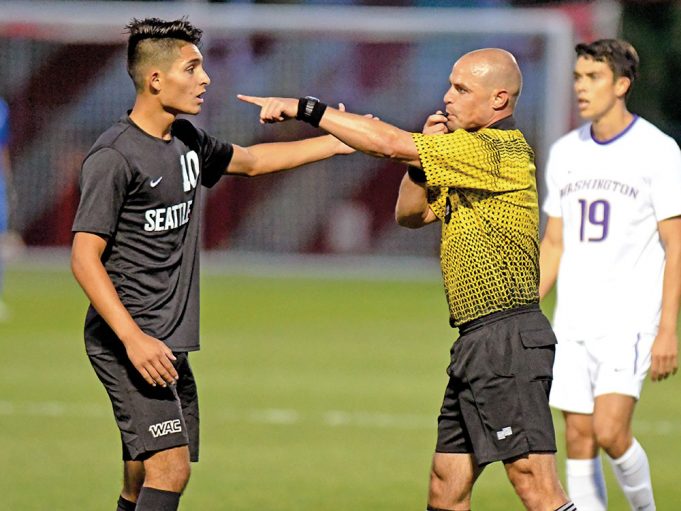Associations need to have social media policies in place in their bylaws. Like all things in the bylaws, associations need to enforce them. It is essential, of course, that social media policies be clearly written. That is where the difficulty lies.
Social media policies are part conduct regulation and part regulation of a specific forum of communication. Most associations know that they expose themselves to liability when their rules and procedures are unclear.
Social media forces associations to grapple with the fact that conduct regulations aren’t enough. Associations now have to regulate specific forums for communication. Regulating a forum of communication means that conduct that may be perfectly fine in other forums becomes a breach of a bylaw or conduct code simply because it takes place on social media.
Associations need to have social media policies in place in their bylaws
From a legal perspective, an absolute ban seems attractive at first glance, but it would probably be an impractical mistake for high school and lower level associations. An absolute ban can expose entities to lawsuits predicated upon selective enforcement. Those lawsuits can run the gamut from contract disputes to claims that the banning entity discriminates in determining who gets penalized under the ban.
At high school and lower levels, associations regulate social media by placing conduct restrictions on things written on social media. Often, the regulations simply capture conduct that would violate a code of ethics under any circumstances. However, there are times where otherwise acceptable communication can become unacceptable simply because it took place on social media.
Associations are darned if they do and darned if they don’t when it comes to regulating social media. A lack of a policy will create business problems when a school, league or official complains about an abusive official. However, an association that regulates social media runs the risk of drafting over-broad regulations that can incorporate anything. It could be anything from a newspaper op-ed column that runs online and generates a slew of profane comments, to a member using a poorly disguised handle on a football forum to explain the strengths and weaknesses of a rule change, to a group of officials breaking down mechanics on one of the officials’ Facebook page.
Associations have to start by recognizing that the main problem with social media is that it induces members to assume they’re making private comments when they’re actually in a forum that the general public can see. Social media is the electronic equivalent of the official who sits in the stands and criticizes coaches or officials, forgetting that nearby fans can hear the criticism.
A good social media policy regulates private speech that could be harmful or seen as unprofessional if it’s made public. Next, a good social media policy will bar officials from making comments that the public could see that links to a real official, coach, player or situation.
Associations need to take action to regulate social media because they’re going to eventually confront the issue. The key is to think very carefully before regulating, and to educate one’s members about social media and other types of private discussions that could be overheard by members of the public
What's Your Call? Leave a Comment:
Note: This article is archival in nature. Rules, interpretations, mechanics, philosophies and other information may or may not be correct for the current year.
This article is the copyright of ©Referee Enterprises, Inc., and may not be republished in whole or in part online, in print or in any capacity without expressed written permission from Referee. The article is made available for educational use by individuals.
















